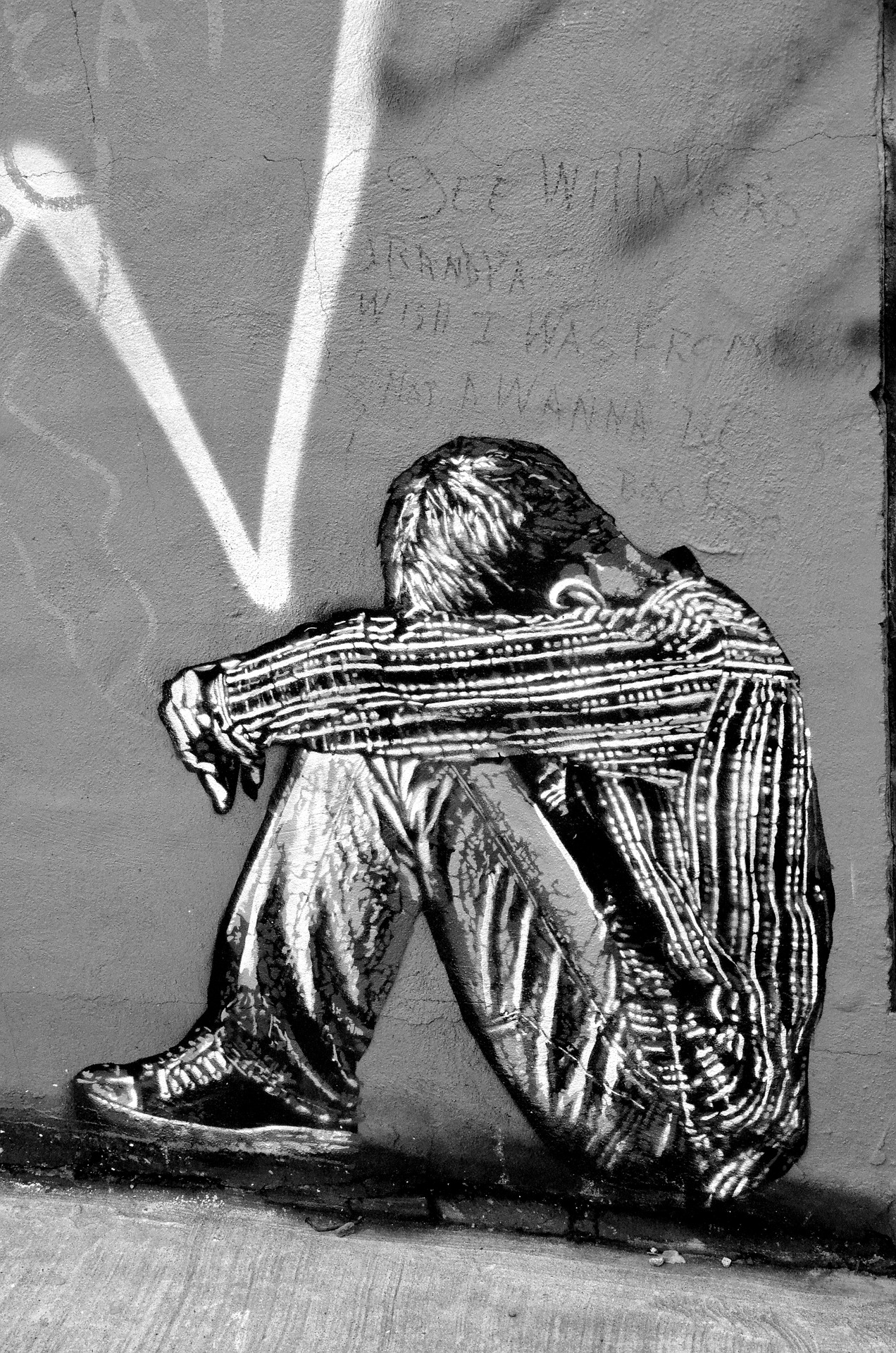Unravelling the ‘Bad Child’ Prophecy
Self-fulfilling prophecies can trap damaged children in cycles of exclusions and discipline. Early unsafe environments become internal worlds, which may then in turn be projected into relationships with school staff. To coincide with Children’s Mental Health Week 2022, with its theme of ‘Growing Together’, child psychotherapist and director of Your Space Therapies Emma Connor considers how child prophecies come to be fulfilled – and shares some of the relational keys she has found to this difficult but vital work.

I left 2021 holding in mind children with bleak prophecies and internalised scripts of ‘I am utterly bad’, ‘I am unwanted’ and ‘no-one can manage being in relationship with me’. These children feel unreachable. Their powerful projections are batted into relationships with school staff, to fulfil the prophecy of being a bad child, so they can reject before they are rejected.
Free Online Conference - The Developing Mind: Building trust, growth & resilience together
With experts Dr Fonagy, Dr Siegel & others
Robert Merton described the term self-fulfilling prophecy as ‘a false definition of the situation evoking a behaviour which makes the originally false conception come true’.
There are, according to Merton, four stages to fulfilling a prophecy, which have helped me to think about my therapeutic work with these children:
1. Integrating the belief of others about one’s self as a core sense of self.
Children develop powerful prophecies from:
• Unprocessed trauma they cannot navigate themselves within in regards to shame or blame
• Abusive attachment figures and an internalisation of negativity they have heard or experienced as fact
• Growth in unsafe environments that become their internal worlds
• Experiences of racism, prejudice and/or discrimination
2. The self-belief is reinforced by the responses of others.
Working with these children in mainstream school settings is a challenge. Supporting them to be vulnerable in the therapeutic relationship, school environment or even a Looked After Child placement is hard graft.
Reward charts do not work long term for these children. They often have such low self-regard that they cannot internalise achievement. They also often have an objective to be seen rather than be liked, as it serves them better to be seen as powerful and destructive rather than in need of empathic connection.
Children I have worked with who have these negative internal scripts often escalate in their prophecy fulfilling behaviours at times of excitement, joy, family and community gathering, such as Christmas. They become challenging in the classroom and become ‘life spoilers’ for everyone else.
The easiest thing is for society to exclude and chastise and to ascertain that the child enjoys raining fear and unhappiness on others. This is the worst thing we can do – by taking these actions we are reinforcing the damaging prophecy.
3. The influence of an individual’s belief in the prophecy.
This is a crossroads for the prophecy; it can be fulfilled or changed by an individual. Child therapists need to dig deep in order to cling onto the other parts of these children so that their prophecy does not swallow them whole.
A key to this work and my on-going learning in this area is to enter the bleak; to witness the prophecy, to hold it in the therapeutic space and honour this very damaged part of the child, the only parts of themselves they feel safe to reveal.
Opening windows to the unbearable, entering into feeling the most discomforting rage and rejection, and empathising with the painful feelings that swirl within these prophecies are the first steps to supporting the child to integrate these parts of themselves.
4. The individual’s actions in changing their behaviour.
We cannot expect children entrenched in these ‘bad child’ prophecies to change alone. As a society, we must change the way we relate to these children in order to defeat the prophecies.
Building a nurturing community around these children is fundamental to helping reveal their whole self. We must offer, offer and re-offer empathy, acceptance and joy, and be knights on a mission to see the whole child and find our delight in them.
My heart goes out to children trapped in these painful bad child prophecies, who may find themselves in cycles of exclusions and discipline that is not serving the damaged child beneath the fire and the destruction.
Free Online Conference - The Developing Mind: Building trust, growth & resilience together
With experts Dr Fonagy, Dr Siegel & others